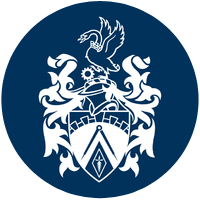项目概述 / Program Summary
This degree programme gives students the opportunity and skills to delve into world history, but also trains them in the latest techniques to understand contemporary international affairs.
Do wars occur more today than in the past? Do historical factors influence levels of democracy today? Which are the most important actors in the international system: states, or individuals? How has the nature of international affairs changed? These are some of the questions around which this course revolves.
As well as gaining an understanding of the theory of International Relations, students will also learn empirical rigour which will give them new transferable skills. The combination of a deep understanding of history with the latest methodological developments in the quantitative study of global issues will help them to understand the relationship between numerous factors, such as war, conflict, democracy, autocracy, human rights, inequality and much more besides.
相似项目 / Similar Programs

3年学士学位
项目等级

36月
项目时长

£16008.00 英镑 / 年
生活成本

£17665.00 英镑 / 第一年
总学费

£0.00 英镑
申请费用
